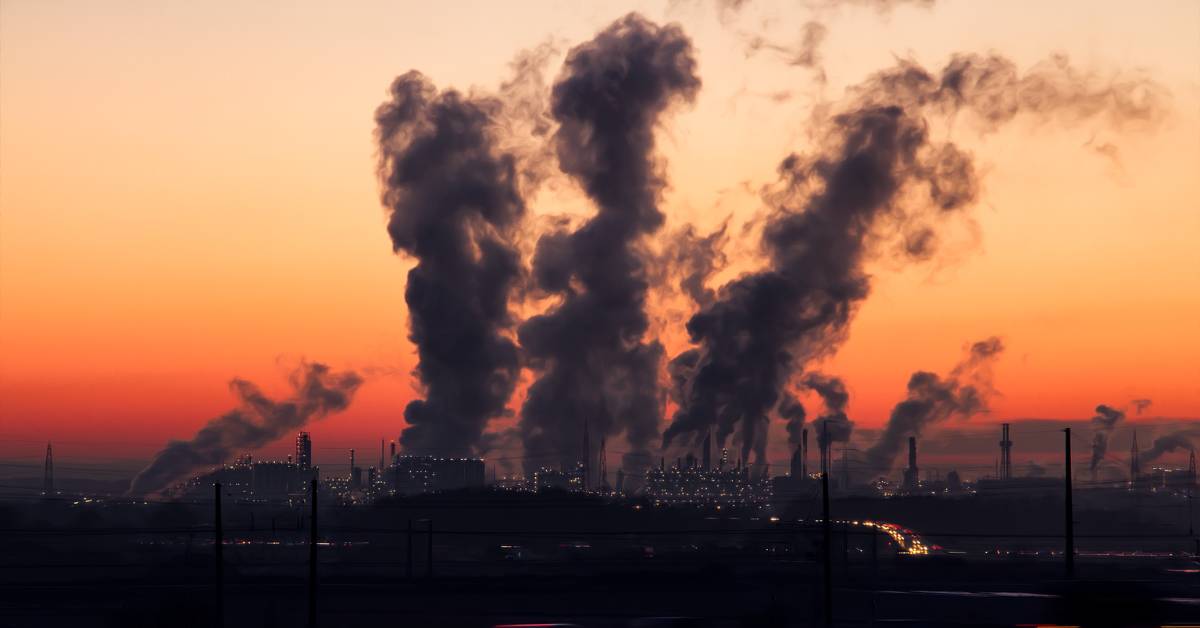
February is Black History Month, which is dedicated to celebrating the achievements and recognising the struggles of Black communities in the United States, Canada and United Kingdom.
This year’s Black History Month is centred around the theme of Black resistance to oppression. One such form of oppression is environmental racism. This is a form of systemic discrimination that puts Black, Indigenous and people of colour (BIPOC) communities at greater risk from environmental hazards.
There is a long history of heavily polluting facilities such as sewage treatment plants, factories, power plants and pipelines being built in minority communities. These facilities emit pollution and toxins that can have long-term health impacts on those communities. Unfortunately, companies are still building these high-polluting refineries and factories in BIPOC-majority communities.
However, stakeholder expectations have shifted radically. Consumers and investors increasingly expect companies to act ethically, so this practice exposes them to a growing number of risks.
One of the more well-known examples of environmental racism concerns the Marathon Petroleum refinery in southwest Detroit, Michigan. Since 2005, Marathon Petroleum has violated emission and pollution laws 13 times. The population of the zip code that this refinery operates in is three-quarters Black and more than 20% Hispanic. It is also known as the most-polluted zip code in the state of Michigan with more than 10 factories and refineries built in and around it. The majority-BIPOC communities in this area report some of the highest rates of cancer and asthma in the United States.
In 2021, a new environmental equity rating system was released by As You Sow, a shareholder advocacy group that introduced successful proposals at General Electric and American Express regarding their plans to reach net-zero emissions by 2050. According to this rating system, oil and gas companies such as ExxonMobil ranked in the bottom 10 out of 1,000 rated companies.
Environmental racism exposes companies and their boards to legal risks. For example, Marathon Petroleum has been taken to court by the Michigan Department of Environmental Quality multiple times. In 2018, the company settled a class-action lawsuit after a tank explosion. Additionally, Marathon faces a second class-action suit where community members are placing the company at fault for air-pollution related health conditions.
Although environmental justice lawsuits have been filed in the U.S. for more than 40 years, it is an ever-growing risk due to the rising number of climate-related lawsuits being filed. As public awareness for environmental justice increases, companies that fail to address such issues in their larger environment, social and governance (ESG) strategies face huge reputational risks, which can be extremely difficult to recover from. As ESG has become a more widespread concept in companies worldwide, corporate leadership has made a conscious effort to address human rights and environmental issues in supply chains such as modern slavery and unsustainable resource extraction.
Although it is important to ensure that your suppliers are acting ethically, the right to live and work in a clean and safe environment is equally important. For communities who live in these areas with disproportionately high levels of air pollution and toxic chemical exposure, that right has been taken away. Companies that do not actively address environmental racism risk facing backlash from investors in the future.
According to S&P Global, the number of ESG-related shareholder proposals jumped by 22% from the 2021 to 2022 proxy season in the United States. Two of the highest priority topics were climate or environmental issues and racial equality. Environmental justice lies at the intersection of these two topics, and companies who fail to listen to their shareholders will face problems down the road.
Despite backlash from communities who oppose the construction and expansion of high-polluting facilities in their neighbourhoods, environmental regulation agencies in the U.S. are still slow to reprimand companies for their actions.
Therefore, companies should hold themselves to higher safety standards in situations where government regulations are loose to avoid reputational risks. The short-term savings of cutting corners on emissions testing and investing in safer infrastructure could be outweighed by the long-term reputational, litigation and investor-related risk.
It would also be beneficial for companies to consult with local communities in order to gain a social licence to operate. Companies wield a large amount of political influence in North America, and using that power to advocate for racialized communities whose voices are often unheard can go a long way when it comes to changing environmental policy.
Environmental racism has been a cornerstone of the sustainability movement since the 1980s. With the growing focus on complex ESG issues, company leaders should take concrete actions to improve the quality of life of BIPOC communities where they operate.
Ira Srivastava is Competent Boards’ Program Coordinator. Follow Competent Boards on LinkedIn.
Back To News & Views